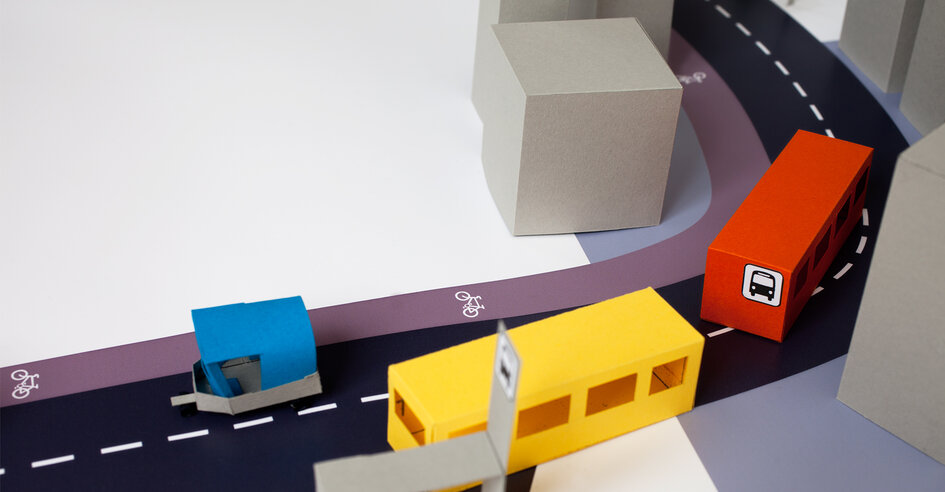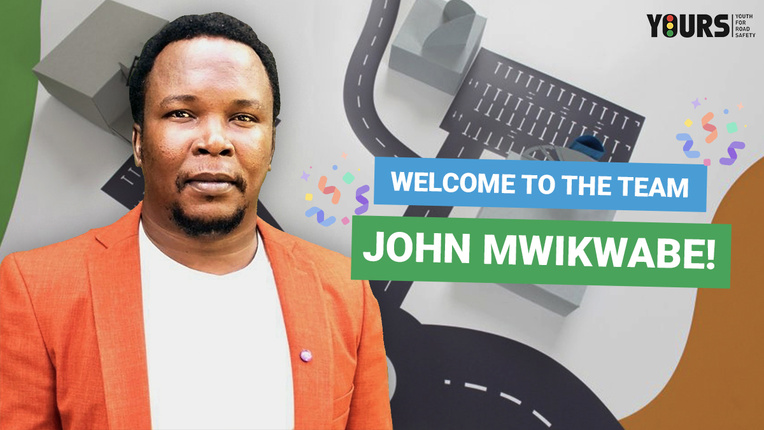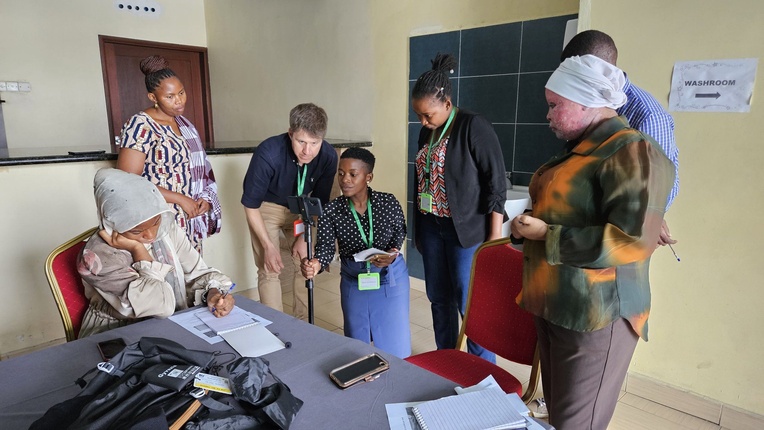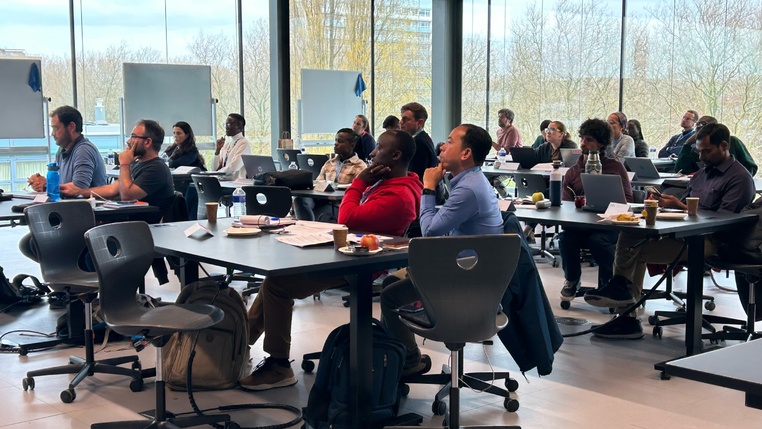
Global Road Safety Leadership Course kicks off
The Global Road Safety Leadership Course led by Johns Hopkins, the International Injury Research Unit, Bloomberg Philanthropies, and the Global Road Safety Partnership kicks off on 8 May with up to 100 participants from 20 countries all over the world. Our Youth Leadership Board Member Estiara Ellizar, Latin America Regional Leader Ezequiel Naidich, and YOURS – Youth for Road Safety Projects Director Raquel Barrios are among the participants of the Course.
The Global Road Safety Leadership Course builds on different aspects of the participants’ skills as leaders and road safety advocates. It helps develop the capacity to design, advocate for, and implement effective road safety programs and policies at local and global levels.
To facilitate these improvements in knowledge capacity, the Course offers modules on road safety management, safer roads and mobility, safer vehicles, safer road users, post-crash response, and road safety policy and advocacy.
Prior to the beginning of the Course, the Global Road Safety Leadership Course (GRSLC) Alumni Fellows joined a workshop that provided in-depth sessions that focused on the projects and contributions the fellows will make during the Course.
Natalie Draisin of the FIA Foundation and Kevin Frick from Johns Hopkins facilitated some of the sessions. They shared some important insights on the importance of building partnerships to inform effective road safety leadership.

“I am more than excited to start this Global Road Safety Leadership Course as an Alumni Fellow. It’s time to recharge all knowledge on road safety!” – Estiara Ellizar.
The Course encourages active engagement among a variety of international participants from different road safety settings and backgrounds. The programs and sessions are also delivered through a diverse and experienced faculty that aims to challenge, engage, and inspire global participants.

“I am more than excited to start this Global Road Safety Leadership Course as an Alumni Fellow. It’s time to recharge all knowledge on road safety!” – Estiara Ellizar.
The Course encourages active engagement among a variety of international participants from different road safety settings and backgrounds. The programs and sessions are also delivered through a diverse and experienced faculty that aims to challenge, engage, and inspire global participants.






 His true passion lies in humanitarian work and helping others, having served as a coordinator for the Kenya Red Cross Society in Naivasha and Nakuru County for over ten years.
His true passion lies in humanitarian work and helping others, having served as a coordinator for the Kenya Red Cross Society in Naivasha and Nakuru County for over ten years.







